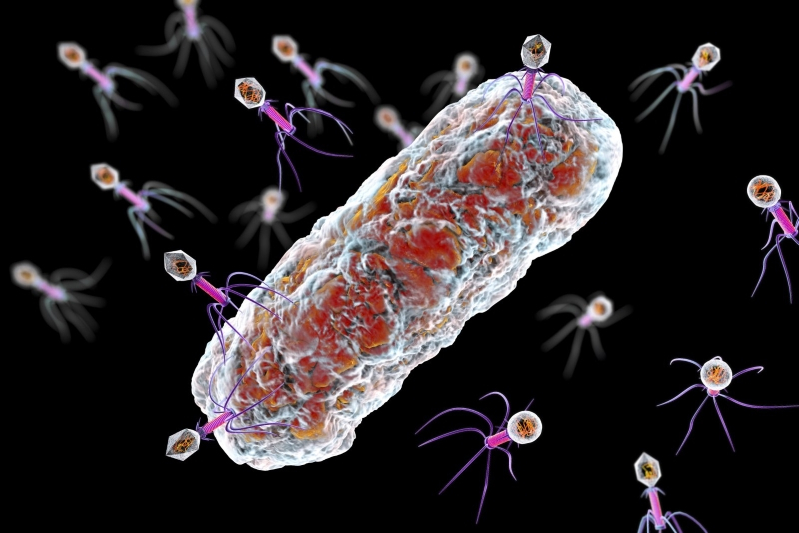Doctors normally resort to bacteriophages (bacteria-killing viruses) to kill antibiotic-resistant “superbugs” only when they’ve run out of options, in part because it’s difficult to find the ideal example. It can take months or more just to find a viable candidate.
The team found three bacteriophages that could be useful (including one from a rotting eggplant) and modified them to maximize their ability to target and wipe out the bacteria strain.
The infection has nearly vanished, according toNPR, and the teen is now healthy enough to resume a mostly normal life — really, the main goal. There also weren’t side effects.
It could be a long while before you see this kind of treatment happening on a regular basis. There’s still more work to be done determining the efficacy of bacteriophages (gene-modified or otherwise) and whether or not they’re truly safe to use. However, this hints that gene tweaking could one day tackle a variety of stubborn infections, providing a second chance for people who’d otherwise be resigned to a grim fate.




